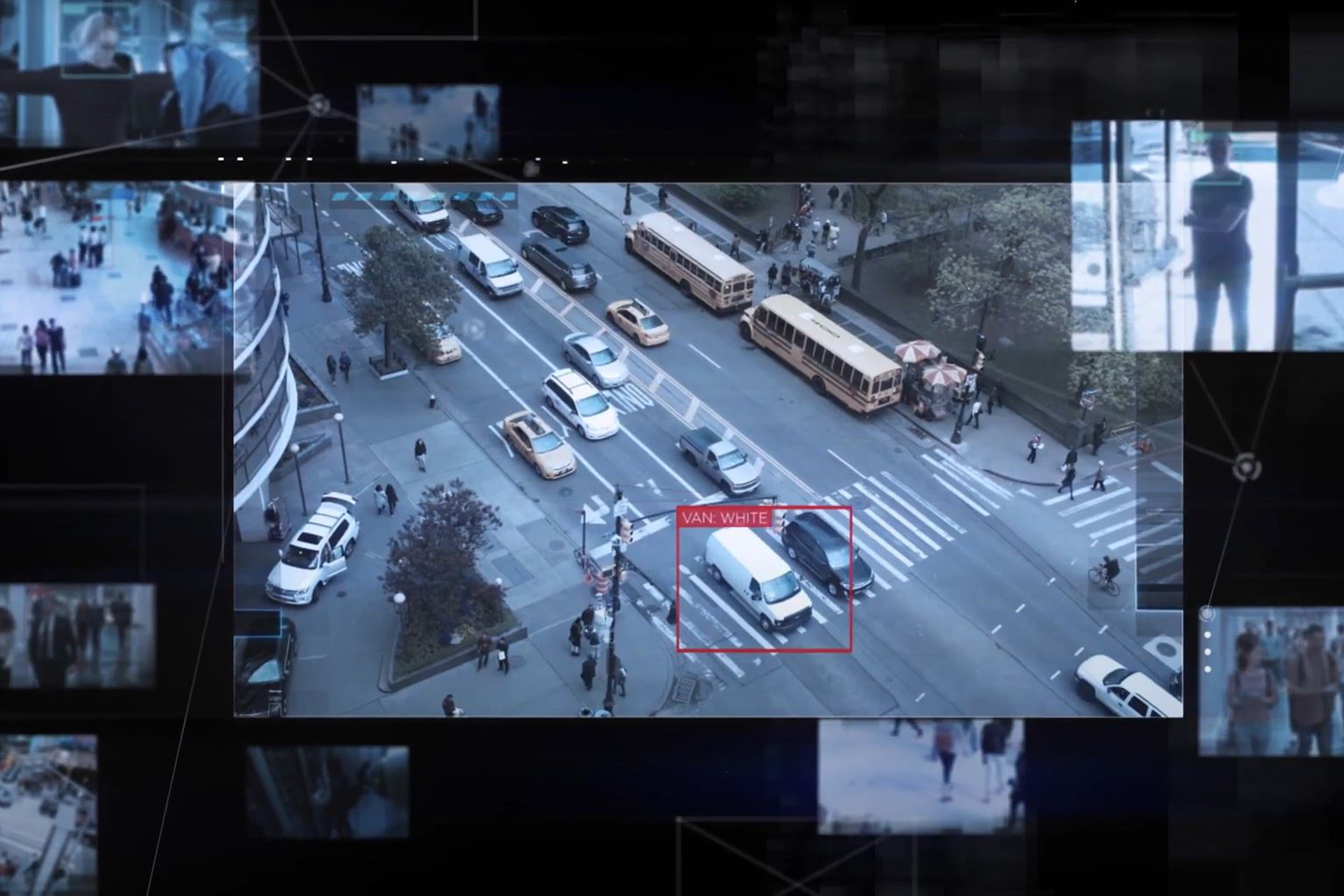A man with gray hair on his head walks into the lobby of an office holding a cup of coffee, looking steadily in front of him as he crosses the entrance.
But the man doesn't seem to realize he's being monitored by a network of cameras that can monitor not only where he's coming from but also the people he met.
In this regard, the Los Angeles Times reported that surveillance technology has long been able to recognize people, but now there have been attempts with the help of artificial intelligence to identify friends you have met.
Using a new program called "co-impression" or "correlation analysis," anyone captured by surveillance cameras who had met the grey-haired man the previous month could be found within a few minutes, excluding people who happened to be nearby.
The focus is on the man pictured 14 times, while the program can immediately identify interactions between the two men (Al-Ramadi and the person he met) who will now be considered friends, in a search menu window.
Vintra, which introduced the technology in a video show last year, sells "co-appearance" software to identify people who appear jointly in front of surveillance cameras using a range of video-based analysis tools.
The San Jose, California-based company is proud on its website of its relationship with the San Francisco 49ERS American football team and the Florida State Police Department.
Specialists say that Vintra is the first company to market the "co-appearance" technology in the West (German)
Specialists in the AI industry say "co-emergence" is already being used by "authoritarian regimes," but Vintra appears to be the first company to market the technology in the West.
Vintra is one of many companies testing new AI applications in surveillance, with little societal follow-up of its risks and few official regulations protecting individuals from privacy breaches.
New York state officials have criticized the company, which owns Madison Square Garden, which hosts concerts and sports matches, for using facial recognition technology to prevent employees of law firms that have sued it from attending events at the plaza.
AI industry experts, as well as privacy watchdogs, believe that if not currently used, the "co-visibility" tool is likely to be more relied upon later on, and become more widely available as AI capabilities evolve.
Some local and state governments restrict the use of facial recognition app, especially in the police area, but there is no federal law governing such use.
Claire Jarvey, a surveillance technology specialist at the National Association of Criminal Lawyers, says there are no laws explicitly prohibiting police use of "co-appearance" apps, such as the one produced by investigative firm Vintra, and there are only limited states that restrict private organizations' use of facial recognition apps.
Jay Stanley says police departments often use new technologies, without disclosing it (Reuters)
Jay Stanley, a lawyer at the American Civil Liberties Union, who first highlighted the video posted by Ventra last year, said he was not surprised by the secrecy of some companies and departments about using the "co-app" app.
He believes from his experience that police departments often use new technologies "without disclosing it," and warns that the app could be misused to monitor personalities and track potential partners in love life, labor rights activists, anti-police groups, and partisan rivals.
Democratic Senator Edward Markey of Massachusetts comments, "This is a future that comes to life, as the British novelist George Orwell described it in one of his novels, where governments watch every little and big of their citizens. "It is a country steeped to its ears in frightening surveillance, where citizens are persecuted, discriminated against and categorized, and used by public and private entities without having any knowledge of what is happening."
Markey plans to introduce a bill again in the coming weeks that would stop the use of facial recognition and biometric technologies by federal law enforcement and require local and state governments to condition it on a ban on federal grants.

